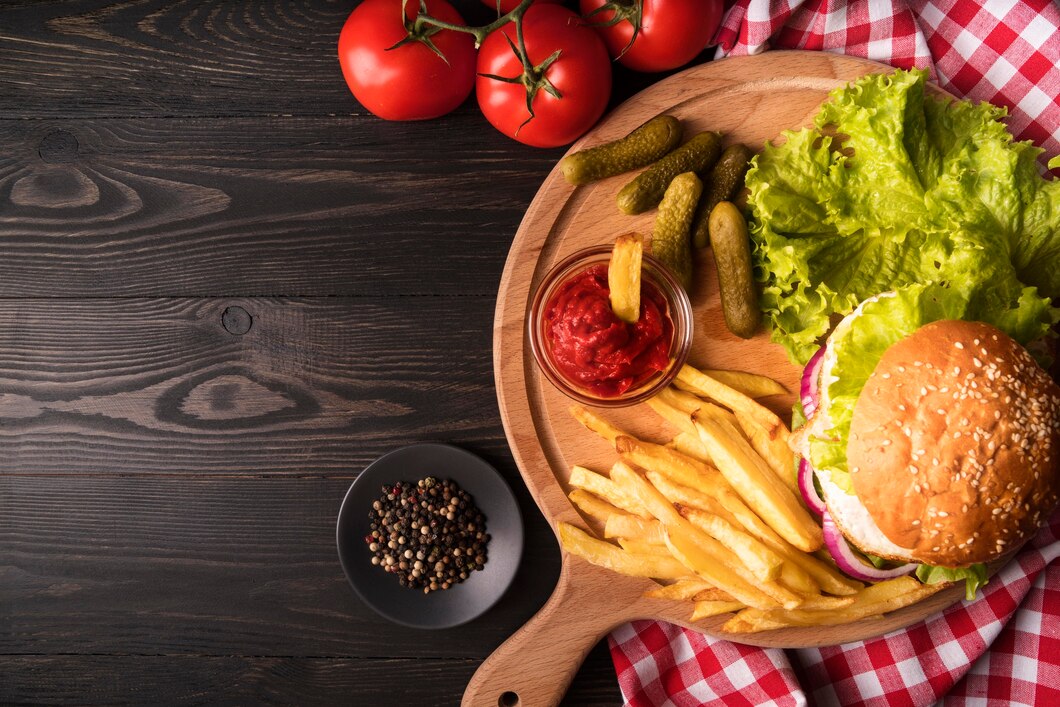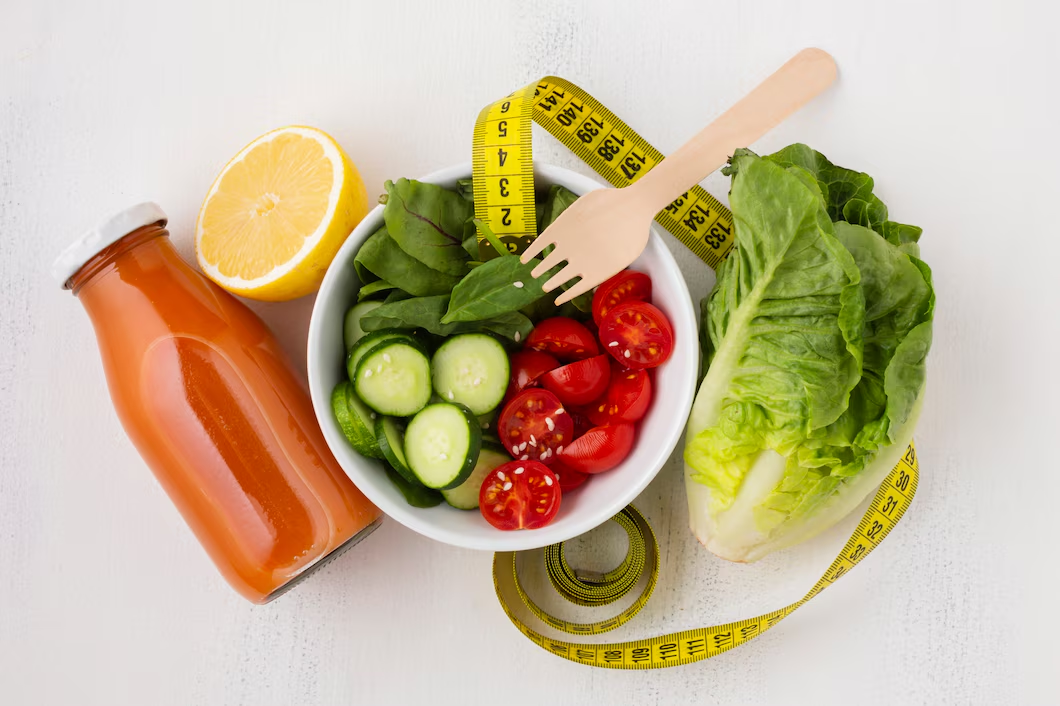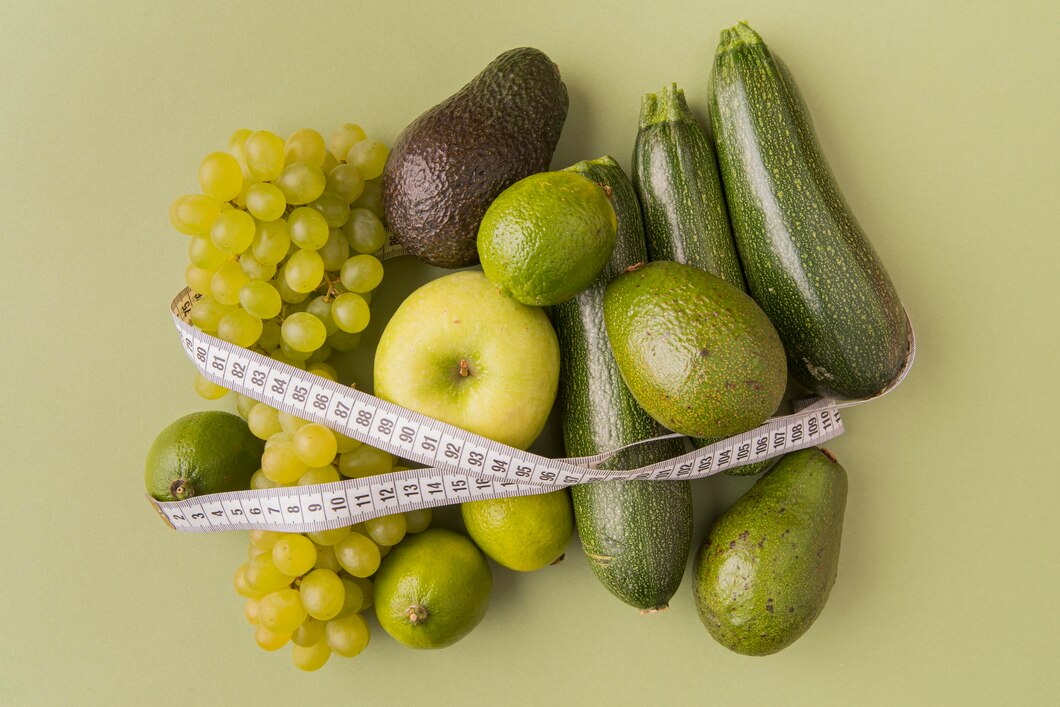When it comes to weight loss and maintaining a healthy lifestyle, cheat meals often get a bad reputation. Many people view them as setbacks or failures in their journey towards achieving their goals. However, it's essential to understand that cheat meals can actually play a crucial role in a balanced diet and can be beneficial when managed correctly. In this blog post, we will explore why cheat meals aren’t a failure and how you can accurately account for those “imperfect” calories to help you lose some weight or even lose a lot of weight effectively. By delving deeper into the psychological, nutritional, and social aspects of cheat meals, we can shift our perspective and utilize these moments of indulgence to enhance our overall eating habits rather than undermine them.
Understanding Cheat Meals
Cheat meals refer to occasions when you allow yourself to indulge in foods that may not align with your usual healthy eating habits. This can include high-calorie treats, fast food, or any foods that you typically avoid while on a diet. The idea is to take a break from strict dieting, giving yourself permission to enjoy the foods you love without the guilt. This psychological break can be crucial for long-term adherence to a healthy eating plan. It allows you to satisfy cravings that might otherwise lead to feelings of deprivation and can help you feel more balanced in your approach to food. By redefining what a cheat meal means to you, you can enjoy these moments without sacrificing your overall commitment to health and wellness.

The Psychology Behind Cheat Meals
One of the primary reasons cheat meals are beneficial is their psychological impact. Following a rigid diet can lead to feelings of deprivation, which may increase cravings and temptations. By incorporating cheat meals into your diet, you allow yourself a moment of indulgence, which can help mitigate feelings of deprivation. This strategy can ultimately lead to better adherence to your overall dietary plan. Research shows that allowing yourself a cheat meal can lead to greater satisfaction and enjoyment in your eating habits. When you view cheat meals as a reward rather than a failure, it shifts your mindset and creates a healthier relationship with food. This mental shift can lead to improved motivation and less likelihood of binge eating later on, as it allows you to recognize that indulgence is a normal part of eating and doesn't mean you are abandoning your goals.
How Cheat Meals Can Fit into a Balanced Diet
Incorporating cheat meals into your diet doesn’t mean abandoning your health goals. In fact, with proper planning, cheat meals can fit seamlessly into your overall dietary framework. Here are some ways to effectively integrate cheat meals into your routine:
- Plan Ahead: Decide in advance when you will have your cheat meal and what you will eat. This planning can help you stay on track and prevent spontaneous indulgences that may derail your progress.
- Be Mindful: Pay attention during your cheat meals. Savor each bite, which can enhance your satisfaction and reduce the likelihood of overeating.
- Balance Your Choices: Aim to balance your cheat meals with healthier choices throughout the day, helping you maintain a calorie deficit while enjoying your favorite foods.
Counting “Imperfect” Calories
One of the main concerns regarding cheat meals is how to accurately account for the extra calories consumed. This is where understanding your calorie needs and using a calorie deficit calculator can be beneficial. Here’s how to approach counting those “imperfect” calories:
First, understanding your caloric needs is crucial for effective weight management. To effectively account for cheat meals, it’s essential to know your daily caloric needs. This can be calculated using a calorie deficit calculator, which factors in your age, gender, weight, height, and activity level. Once you know how many calories you need to maintain your weight, you can create a calorie deficit for weight loss, ensuring that cheat meals do not sabotage your progress.
Next, adjusting your intake is key. When you plan for a cheat meal, you can adjust your caloric intake for the day accordingly. If you know that your cheat meal will add an additional 800 calories, consider reducing your intake earlier in the day. For example, you could eat lighter meals or increase your activity level to compensate for the extra calories. This proactive approach allows you to enjoy your cheat meal without guilt.

The Benefits of Cheat Meals
Cheat meals can offer several benefits that support your weight loss journey and overall health. One of the primary benefits is the potential for boosting metabolism. Some studies suggest that cheat meals can temporarily boost metabolism due to the increased caloric intake, potentially leading to better fat loss results. This metabolic boost can be particularly beneficial if you are following a calorie-restricted diet, as it may help mitigate the body's natural response to conserve energy during periods of lower caloric intake.
Another advantage is that cheat meals can help prevent binge eating. Allowing yourself to indulge can prevent feelings of deprivation, which can lead to binge eating in the long run. Lastly, cheat meals can enhance social enjoyment. They can help you participate in social events and enjoy food with friends and family, which is essential for overall well-being. The enjoyment of food is often tied to social experiences, and being able to indulge occasionally can create a more positive relationship with food.
Strategies for Successful Cheat Meals
To make the most of your cheat meals without feeling guilty, consider implementing the following strategies to ensure they enhance rather than hinder your progress:
- Choose Wisely: Select cheat meals that you genuinely enjoy and that satisfy your cravings. Instead of mindlessly consuming anything “unhealthy,” focus on foods that will bring you joy and satisfaction.
- Practice Portion Control: Even when indulging in a cheat meal, practicing portion control is crucial. Instead of having an oversized portion, allow yourself a reasonable serving size that satisfies your craving without going overboard.
- Stay Active: Incorporating physical activity into your day can help offset some of the extra calories consumed during cheat meals. Whether it’s a workout at the gym, a long walk, or a fun activity, staying active can help maintain your calorie deficit and support your weight loss goals.
Cheat meals are not a failure; they are a valuable tool in your weight loss journey when approached with the right mindset and strategy. By understanding the psychology behind cheat meals and how to account for those “imperfect” calories, you can create a balanced diet that allows for indulgence without sacrificing your goals. Remember, it’s about progress, not perfection. Embrace the journey, enjoy your cheat meals, and watch how they can actually enhance your ability to lose some weight or even lose a lot of weight over time. So the next time you indulge, do so with confidence, knowing that you are still on the path to achieving your health and wellness goals. By fostering a healthier relationship with food and allowing yourself the freedom to enjoy life’s pleasures, you can sustain your commitment to a healthier lifestyle in the long run.


